We’re / Where / Were
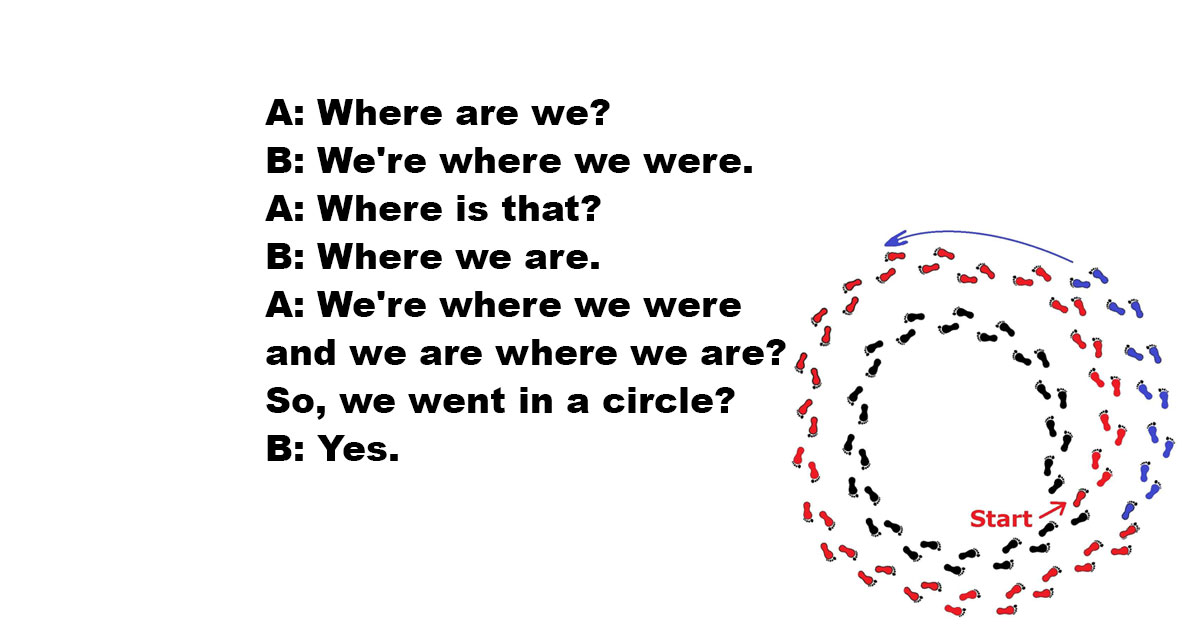
It is common to confuse we’re, were, and where. We’re is a contraction of “we are,” where references location, and were is the plural past tense of “are.” Used in a sentence, it works like this, “we’re where we were.”
Philosophy of language is a field of both philosophy that aims to better understanding the nature of meaning, language, and communication.

It is common to confuse we’re, were, and where. We’re is a contraction of “we are,” where references location, and were is the plural past tense of “are.” Used in a sentence, it works like this, “we’re where we were.”
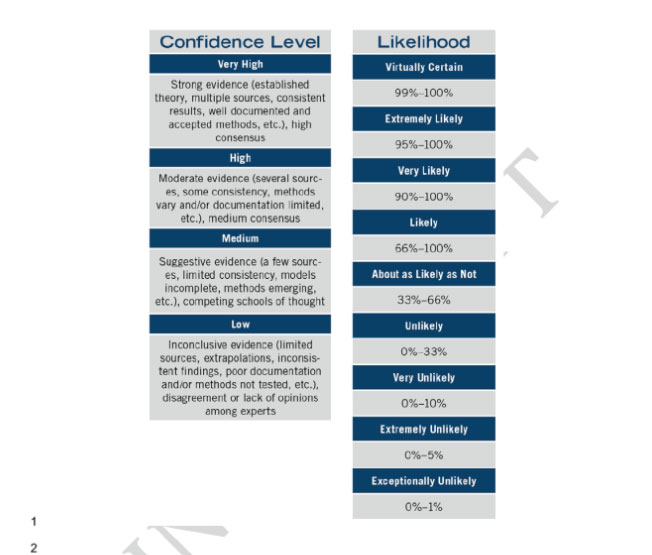
Facts are things that are the case for sure, they are stated plainly and without bias. Opinions meanwhile inject subjectivity and bias. Since most content in any form contains at least some subjectivity and bias, it is rare to find pure facts and common to find opinion.
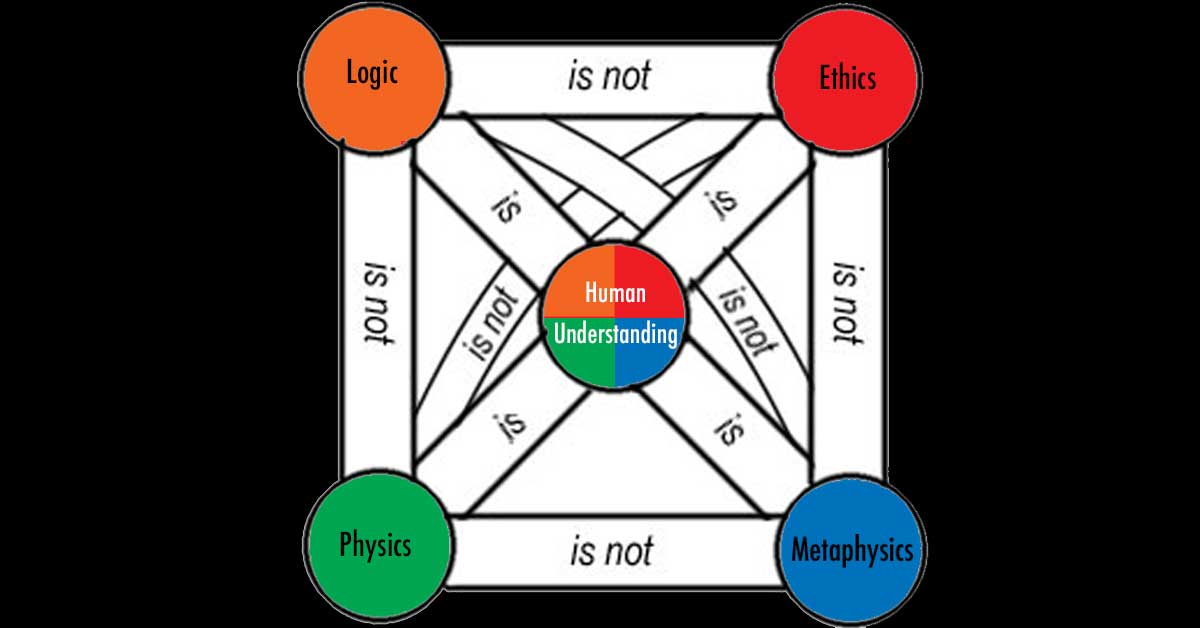
We present a system of “logical, epistemological, and ontological categories of being and knowledge” (categories to place all empirical and rational concepts into).
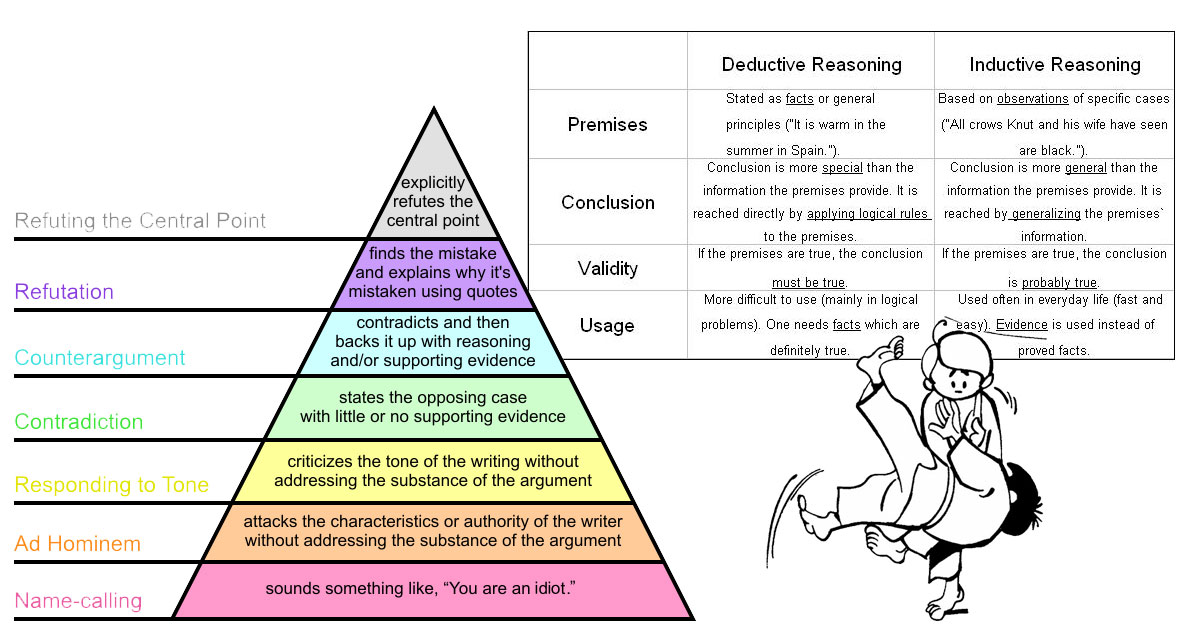
We present a list of types of propaganda, propaganda techniques, and propaganda strategies used to manipulate public opinion in the modern day.
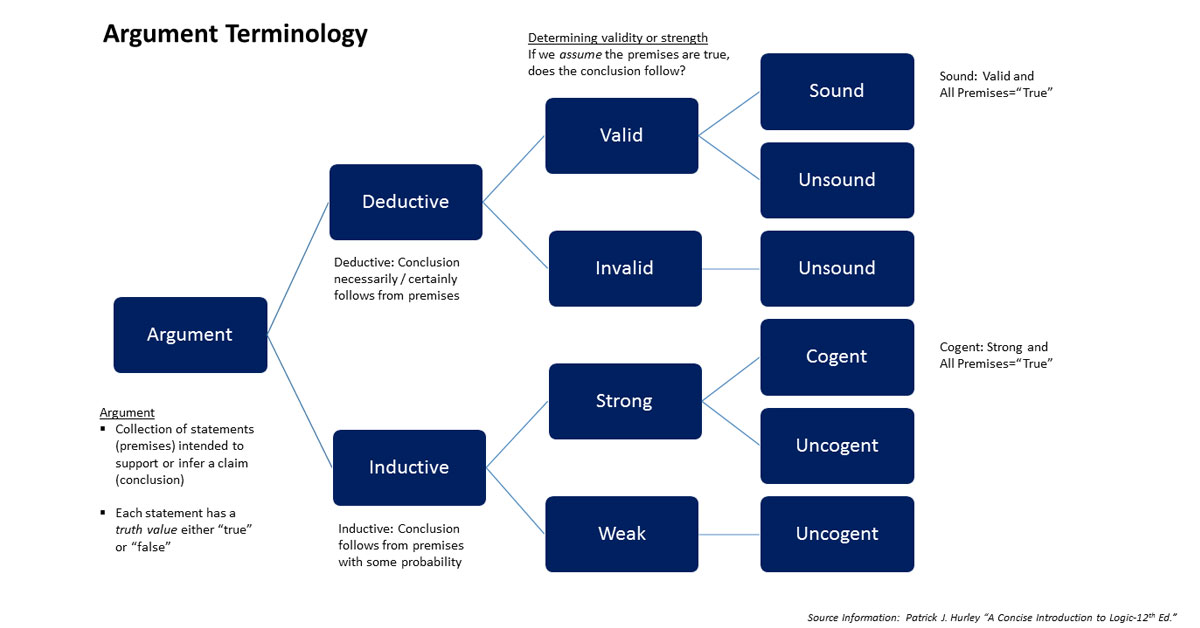
We explain and compare the different types of reasoning methods including deductive, inductive, abductive, analogical, and fallacious reasoning.
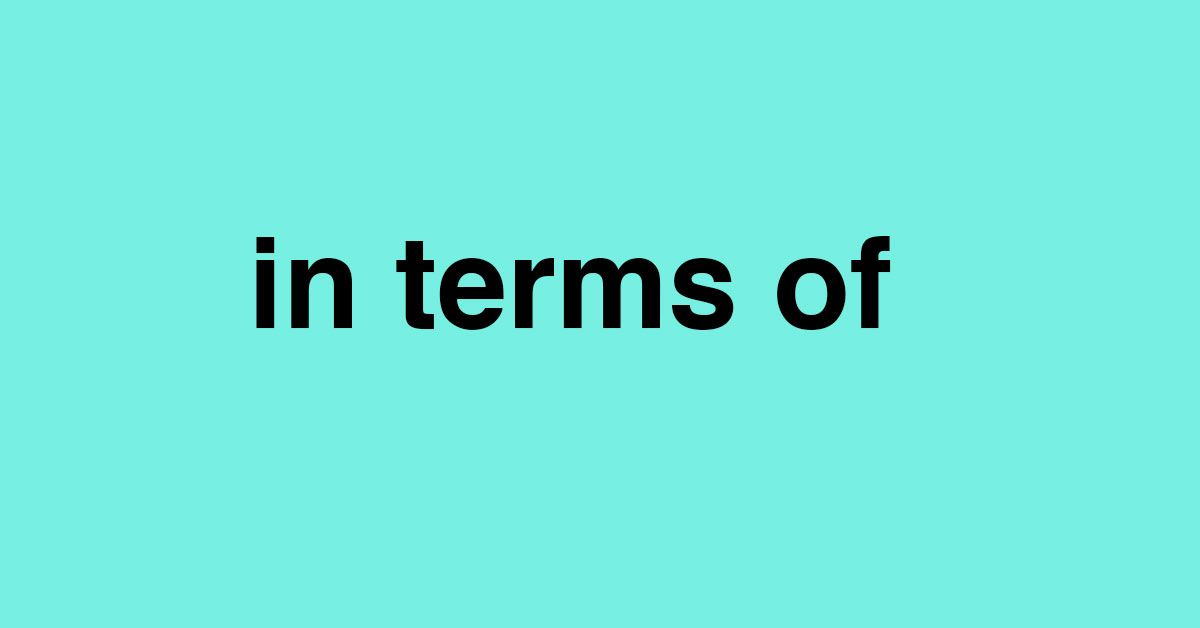
To avoid confusion and clarify semantics, one should speak “in terms of” a subject and “in relation to” another subject, and then explain their position from there.
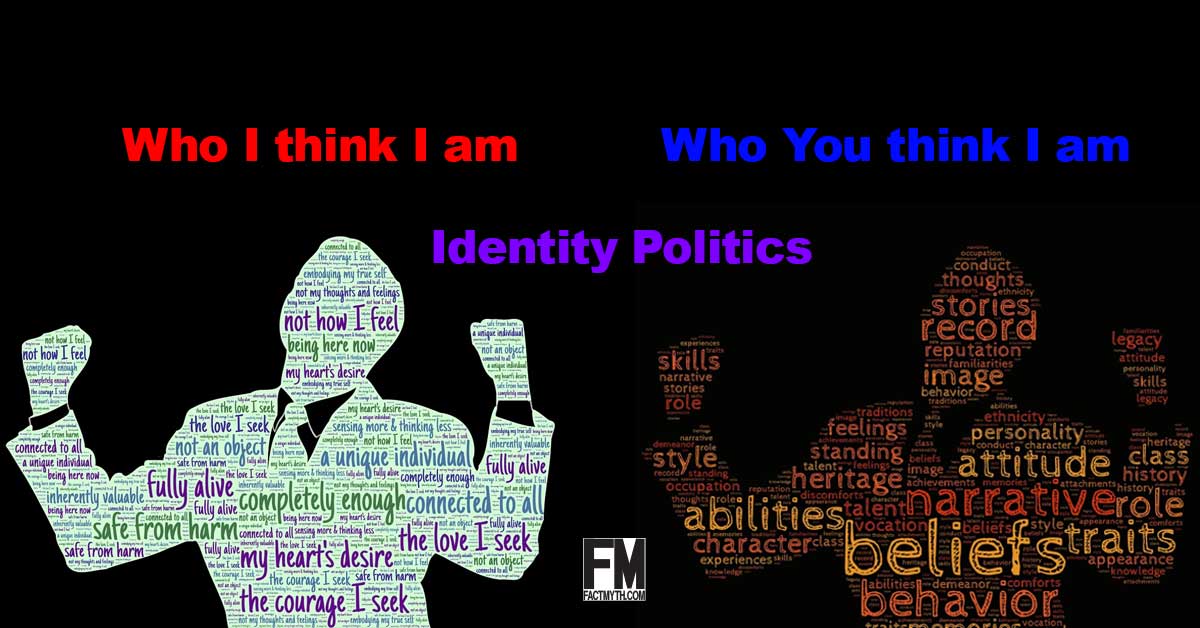
Identity Politics describes identifying with a concept, or being perceived as identifying with a concept, and the social and political implications of that.
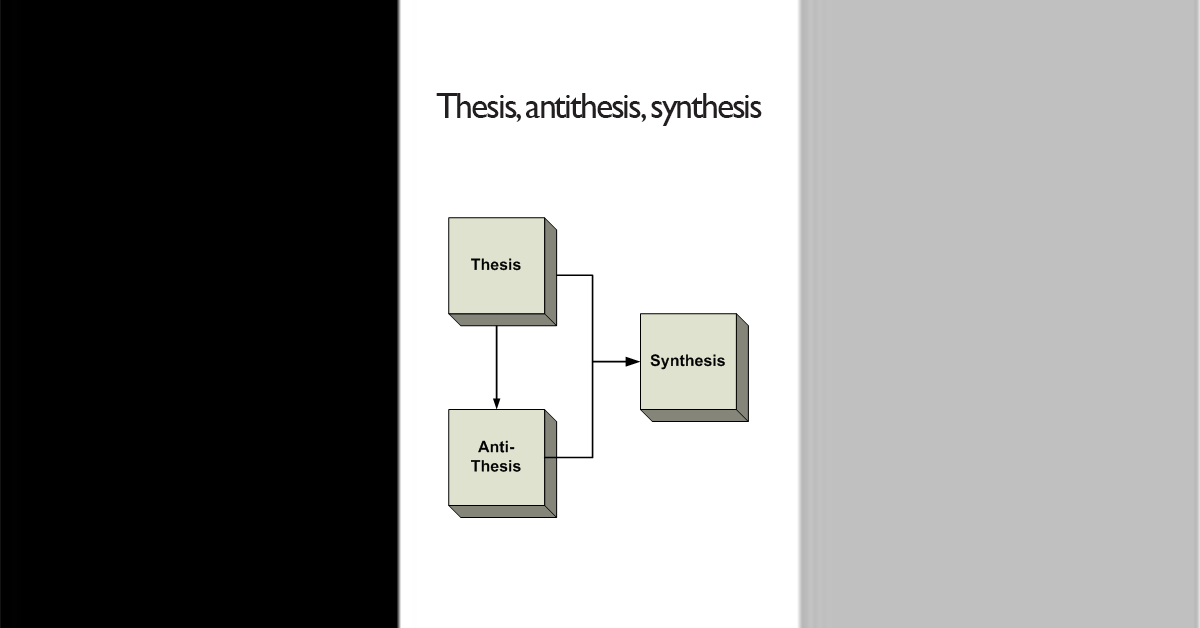
We discuss theories that deal with the nature of abstractions and contradictions including, Dialectics and the Golden Mean theory, and offer a “synthesis” of these theories.

I offer opinions on how to fact-check alternative facts from the perspective of a fact-checker who fact-checks alternative facts. Fact.

We discuss “giving names to concepts” (defining terms), identifying with terms, be identified by terms, and the implications of this.